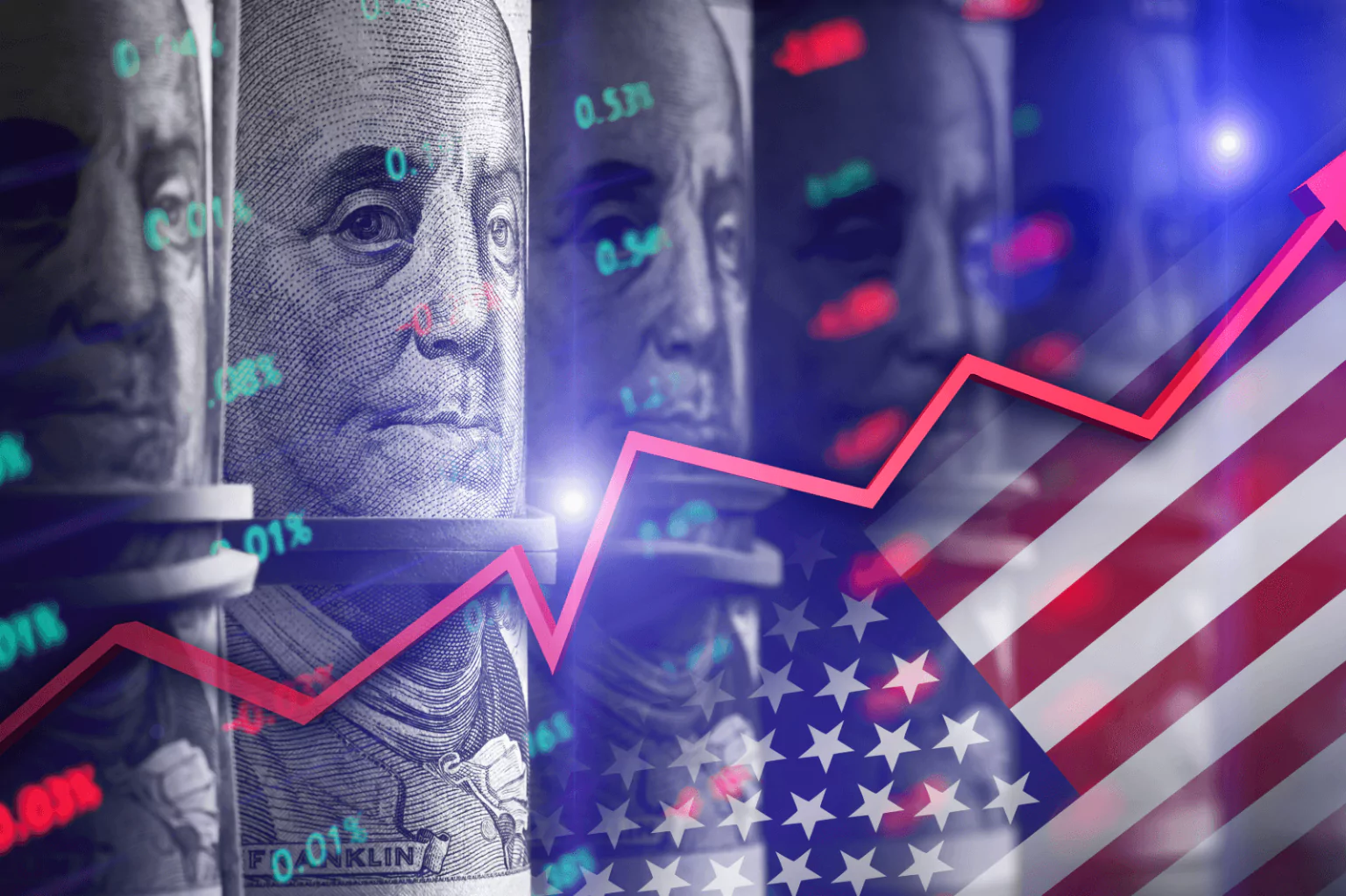The global economy is undergoing significant shifts, with the United States experiencing a notable easing in inflation and China introducing a comprehensive rescue package to tackle its ongoing property crisis. These developments are reshaping economic dynamics and influencing global financial markets.
Context: What, Where, When?
In recent months, the United States has observed a decrease in its inflation rates, which hit a six-month low. Concurrently, China has announced a comprehensive rescue package aimed at mitigating its property market crisis. These developments are reshaping economic dynamics and influencing global financial markets.
US Inflation Eases: A Turning Point for Economic Stability
The US has seen a deceleration in inflation growth, marking a pivotal moment in its economic landscape. For the first time in six months, the underlying inflation cooled in April, offering a glimmer of hope for the Federal Reserve, which has been grappling with elevated inflation for an extended period. This easing of inflation is crucial as it suggests that the aggressive monetary policies implemented by the Federal Reserve might be yielding the desired effects.
The latest inflation data has been met with optimism from investors, resulting in a rise in US stocks and a decline in Treasury yields. This shift has increased market speculation that the Federal Reserve might consider cutting interest rates by September, a significant move that could further bolster economic stability and growth.
Federal Reserve’s Stance and Future Outlook
Despite the positive inflation data, the Federal Reserve remains cautious. Officials have indicated a willingness to maintain high interest rates until they achieve their 2% inflation target. Minneapolis Fed President Neel Kashkari emphasized the importance of patience in interpreting inflation trends, suggesting that the central bank is not in a rush to alter its monetary policy despite the encouraging signs.
The housing market, which is particularly sensitive to interest rate changes, has been significantly impacted by the Federal Reserve’s policies. Mortgage rates have soared past 7%, causing a decline in homebuilder confidence and a more pessimistic outlook for potential buyers. This complex relationship between mortgage rates and home affordability continues to challenge the housing sector.
China’s Property Crisis: A Rescue Package
In a bid to address its property market crisis, China has unveiled its most comprehensive rescue package to date. The Chinese government’s intervention is seen as a critical step to prevent the collapse of its real estate market, which poses a substantial risk to the broader economy. The package includes measures aimed at providing liquidity to struggling property developers and boosting market confidence.
This intervention by Xi Jinping’s government reflects an aggressive approach to stabilizing the market and ensuring that the housing sector does not further drag down the economy. The rescue package is expected to support millions of jobs and stabilize market conditions, although the long-term effectiveness of these measures remains to be seen.
Global Implications and Future Prospects
The easing of US inflation and China’s proactive measures to address its property crisis are pivotal developments with far-reaching implications for the global economy. These actions are expected to influence financial markets, investor sentiment, and economic policies worldwide.
For the US, the potential for interest rate cuts by the Federal Reserve could stimulate economic activity and enhance consumer confidence. In China, the success of the rescue package will be crucial in determining the stability of its property market and broader economic health.
As the global economy continues to evolve, these developments underscore the interconnectedness of national economies and the importance of coordinated policy responses to navigate complex economic challenges.












